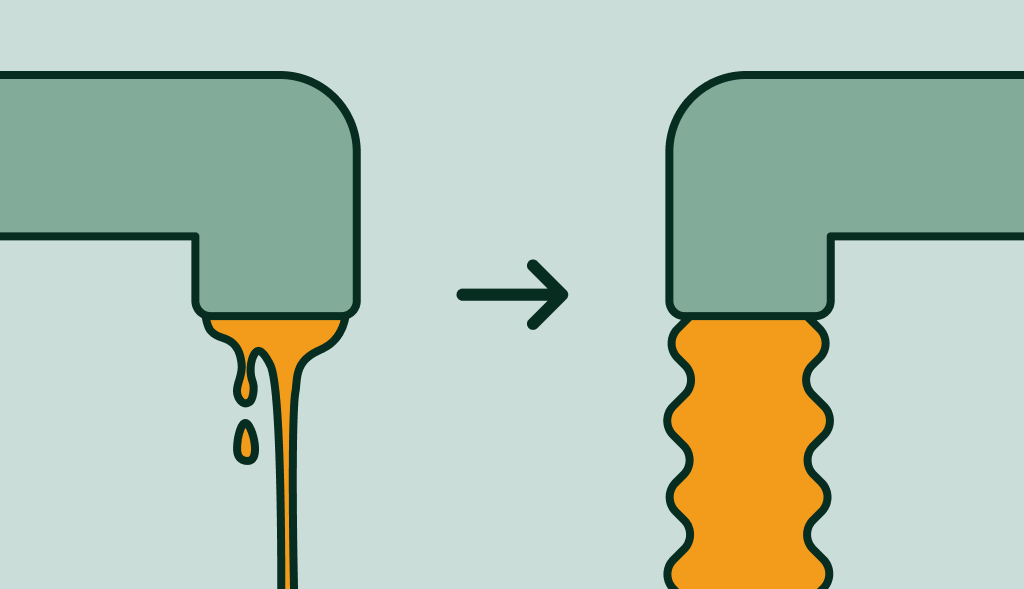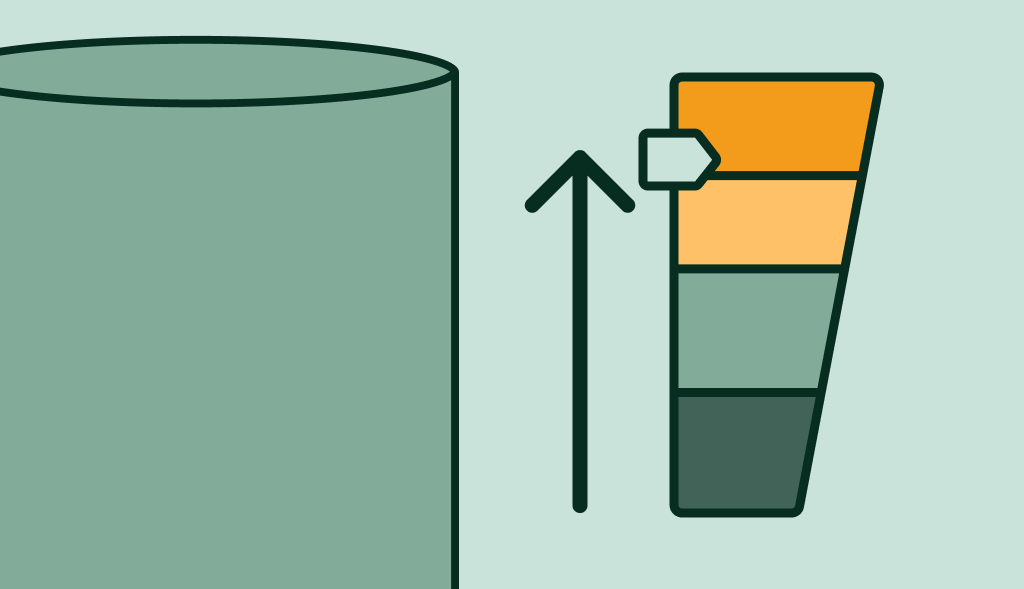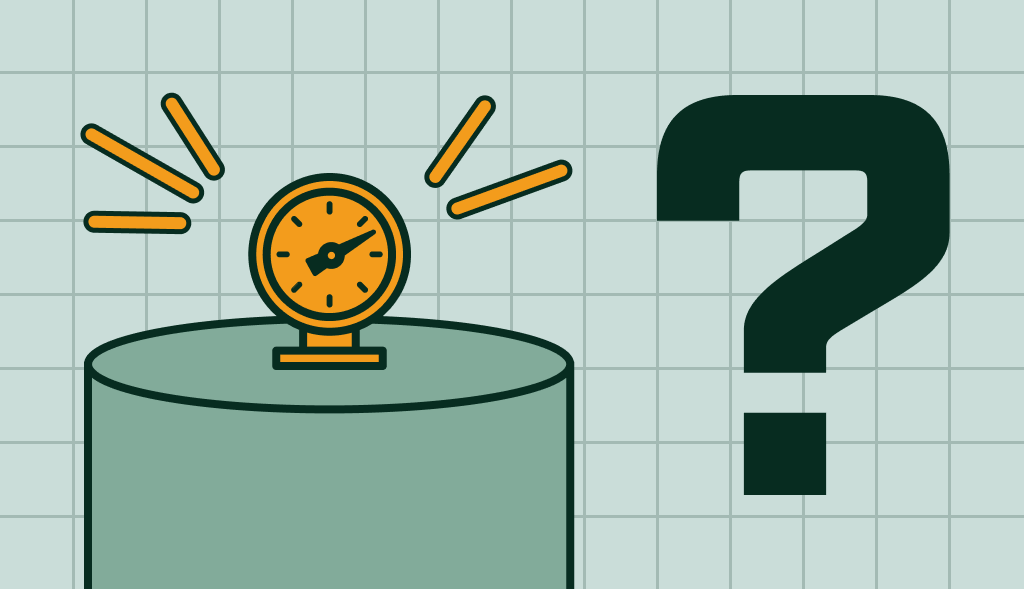Tackling Low Hot Water Pressure in Your Home

Low hot water pressure can be a significant inconvenience in your home. It can affect everything from your morning showers to your dishwashing routine.
It’s a common issue many homeowners face. Understanding the causes and solutions can help restore optimal water pressure in your home. Cold water supply might be at risk too. This article will explore the common causes of low hot water pressure and how to fix the problem.
Identifying the Causes of Low Hot Water Pressure
There are numerous reasons why you might experience low hot water pressure. Let’s dive into some of the common causes.
Sediment and Mineral Buildup
One of the most common reasons for low hot water pressure is sediment and mineral deposit buildup in your hot water tank. As water is heated, minerals precipitate out and accumulate at the bottom of the tank or on the heating elements. Over time, this buildup can reduce the volume of water that the tank can hold. Also it will block the flow of water, reducing the hot water pressure.
The Corro-Protec powered anode will significantly reduce the limescale build-up and keep the deposits to a minimum.
Blockages in Your Plumbing System
Blockages in your home’s plumbing system, especially in the hot water lines, can lead to reduced water pressure. These can be due to sediment, mineral deposits, or even corrosion inside the pipes.
Pressure test all taps. Check that all rooms are affected by the lack of pressure (kitchen, bathroom, outside hose taps, etc.) Open the cold water taps, then the hot water taps. If the pressure drop affects the hot water, the problem is definitely with the water heater.
Faulty Pressure Regulator
A pressure regulator helps control the water pressure in your home. If it’s malfunctioning, it could affect both hot and cold water pressure. However, if only the hot water pressure is low, the issue likely lies elsewhere.
Partially Closed Shut off Valve
The shutoff valve controls the flow of water into your hot water tank. If it’s not fully open, it could be restricting the flow of water. It could also lead to low hot water pressure and eventually water leaks.
If your water heater is to blame
Your water heater isn’t infallible, and after many years of loyal service, it often shows signs of clogging or corrosion. If you think your water heater is the cause of your water pressure problem, contact your plumber. Repairing a water heater when you’re not a specialist can be a risky business. Your plumber is perfectly equipped to determine whether to repair or replace the entire element.
Solving Low Hot Water Pressure Issues
Having identified the potential causes, let’s explore how to address the water pressure problem.
Clearing Sediment and Mineral Deposits
To fix the issue of sediment buildup, you’ll need to drain your hot water tank. This involves turning off the tank, attaching a hose to the drain valve, and letting the water flow out until it runs clear. If the buildup is on the heating elements of your hot water heater, they might need to be cleaned or replaced. You might want to do the same with the shower heads; removing sediments will help the flow.
- If the problem is confined to a single part, it may be that the tap or filter is scaled. Open the tap before replacing the filter; if the pressure is still low, the problem is not with the filter.
Dealing with Blockages
Addressing blockages in your plumbing system can be complex and is best handled by professional plumbers. They can inspect your system for blockages, corrosion, or other issues and carry out necessary repairs or replacements.
Checking the Pressure Regulator and Shut off Valve
Ensure your pressure regulator is functioning correctly. You can check this by using a pressure gauge on an outdoor spigot. If the pressure reading is outside the normal range (usually between 40 and 60 psi), you might need a plumber to replace the regulator.
Check the shutoff valve to your hot water tank. If it’s not fully open, opening it might resolve your low hot water pressure issue.
Preventive Measures
Regular maintenance of your hot water system can help prevent issues with low hot water pressure. This includes regularly flushing the hot water tank to remove sediment and mineral deposits.
Regular inspections your plumbing system for potential issues, and ensuring all valves are fully open is also part of the preventive measures.
Corro-Protec’s Role in Reducing Sediment and Mineral Deposits
The Corro-Protec system plays an integral part in minimizing the issues of sediment and mineral deposits in your hot water tank. Corro-Protec powered anodes are designed to reduce corrosion within the tank, which contributes to sediment buildup. This system sends a current through the water, which suppresses the release of minerals, thus reducing sediment formation.
By effectively controlling corrosion and sediment buildup, Corro-Protec can significantly improve the lifespan of your water heater. It can also maintain optimal water pressure, and ensure a consistent supply of hot water in your home. For homeowners struggling with low hot water pressure due to sediment and mineral deposits, the Corro-Protec system can be an efficient and proactive solution.
The Corro-Protec powered anode will significantly reduce the limescale build-up and keep the deposits to a minimum
Conclusion
Water pressure issues in your home can have a number of different causes.
While low hot water pressure can be frustrating, understanding its causes can help you take effective action. Remember, while some fixes might be simple, others might require the skills and expertise of professional plumbers.
As it’s sometimes possible to solve the problem yourself, a lack of water pressure can also be the sign of a major defects as well.
Ultimately, maintaining your plumbing system can prevent water pressure issues. It will ensure a steady and satisfying flow of hot water in your home.
Blog
How long does a Water Heater take to Heat up?
A question that is often asked by many homeowners. How long does it take for a hot water heater to heat water? The process is rather […]
What Causes Too Much Pressure in a Hot Water Heater?
It’s important to maintain the correct pressure in a hot water heater for efficient performance and safety. But what happens when the pressure gets too […]

